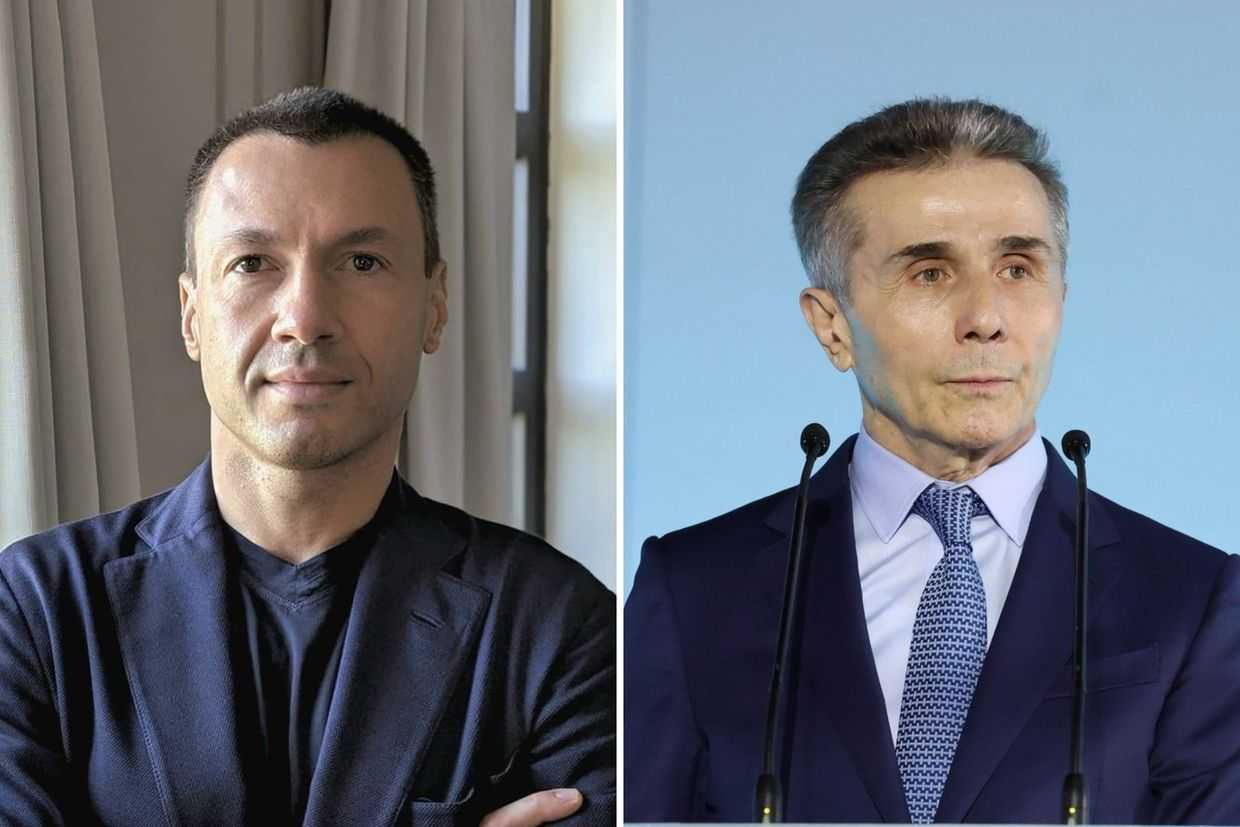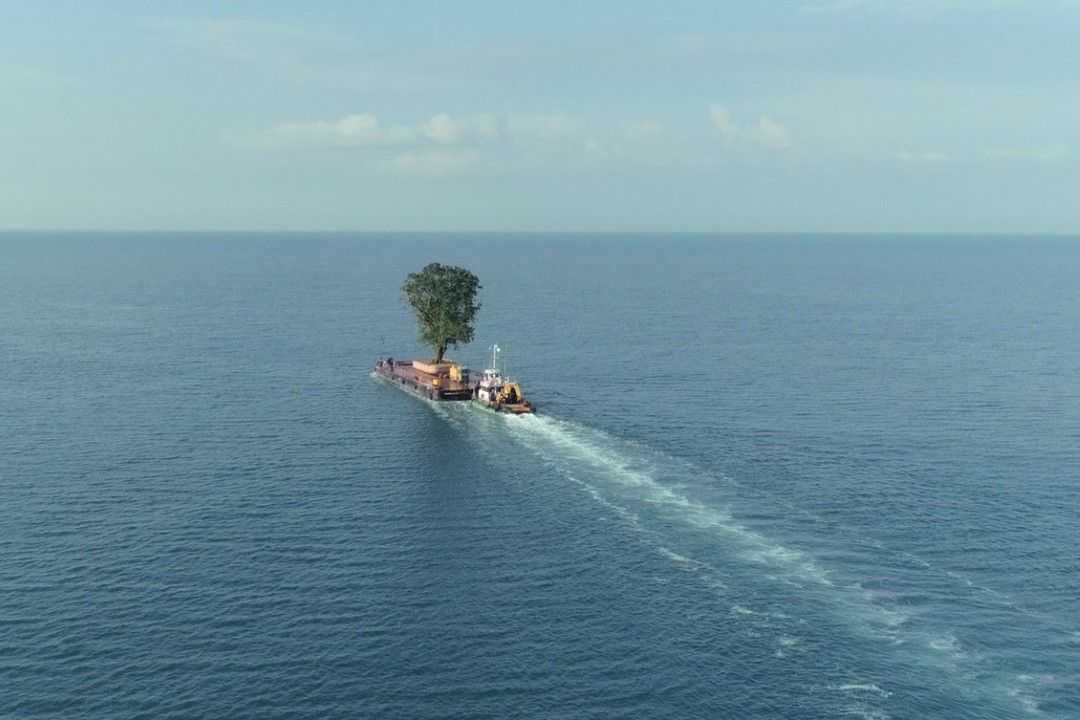President Zurabishvili vows to return to Georgia to ‘defend the country’s European future’

Georgian President Salome Zurabishvili has vowed to return from a trip abroad to defend the ‘European future’ of the country, after she said the government blocked her from visiting European capitals, including Kyiv.
The comments come as the government faces mounting pressure from the West over democratic backsliding including attacks on the freedom of the press.
In an apparently impromptu press briefing in Brussels on Friday, Zurabishvili claimed she had intended to visit France, Poland, and Ukraine.
‘I wanted to go to France, Poland, and possibly even Ukraine, a country that we are in this together with and to which we should be grateful, as without it there would be no accelerated process [of joining the EU] but I got yet another rejection for these trips’.
Georgia, along with Moldova and Ukraine, submitted an official application to join the EU following Russia’s invasion of Ukraine. A decision on whether to grant the three countries candidate status is expected later this month.
Zurabishvili went on to say that it was her constitutional duty to contribute to Georgia’s advancement towards the EU.
‘This is not something where I alone can counteract the inactivity of the whole government’.
‘I don’t believe that there is any other future for Georgia if not a European future. I don’t believe that we should sacrifice ourselves for anyone while advancing in this process — neither Saakashvili, nor Gvaramia, nor Bidzina Ivanishvili. There is nothing that should stop us defending the future of our children. For this, I’m returning to Georgia and will defend this future there’.
In her speech on Friday evening, the President also criticised the ruling party for a scathing resolution passed by the European Parliament on Thursday, and ‘more unfortunately’, for the government’s reaction to the resolution which she said had ‘disabled’ her from ‘effectively defending our candidacy today’.
The resolution reprimanded the Georgian authorities for the declining state of media freedom, a lack of institutional reforms, and a failure to punish the organisers of last summer’s riots in Tbilisi. It also called for the EU to consider sanctioning Georgian Dream founder Bidzina Ivanishvili.
The government has reacted defiantly, with members and supporters of the ruling party even questioning Georgia’s EU membership aspirations.
Mounting tensions between the president and the government
Zurabishvili’s comments represent the widening of a growing rift between her and the ruling party, who supported her election in November 2018.
Those tensions have continued to spiral following Georgia’s lukewarm support for Ukraine following the Russian invasion.
The Georgian Government has faced criticism from opposition groups for their failure to visit Ukrainian President Volodymyr Zelensky in Kyiv since the war erupted.
In mid-April, Georgian lawmakers visited war-torn Ukrainian cities after some hesitation and a long debate over what the Georgian government said was ‘ungrounded’ criticism of Georgia by Ukrainian authorities.
While addressing parliament on 14 March Zurabishvili slammed the government for then too preventing her from making official visits to European capitals to discuss the Russian invasion of Ukraine.
She said the government had refused to allow working visits to Paris, Brussels, Berlin, and Warsaw on 26 February, two days after the invasion.
Zurabishvili said she had still managed to conduct meetings using her ‘personal contacts’ outside of her official capacity.
The Georgian Government quickly responded by appealing to the Constitutional Court over her alleged refusal to confirm Georgian ambassadors, something critics considered retaliation against the president.







